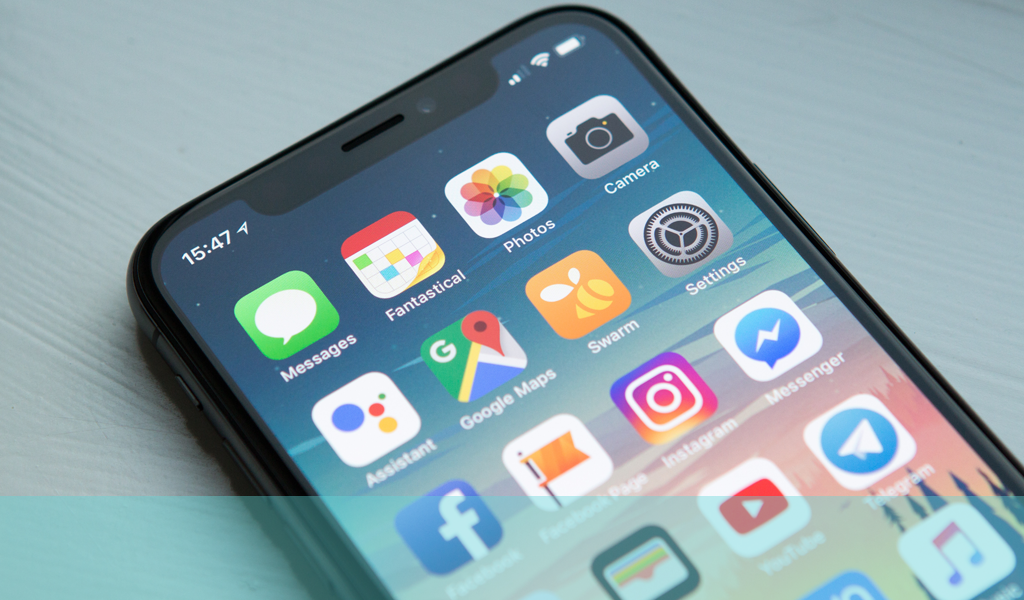
Behaviour on mobile apps differs from mobile website usage
A recent survey suggests that people prefer to access information on their mobile through apps rather than from the website itself. This is not, perhaps, surprising as the apps have been designed specifically for that platform but it does provide a useful insight into mobile user behaviour for site owners and developers.
Another interesting piece of research that sheds further light o how consumers use and view mobile access broke down user activity into seven segments and then assessed the percentage of time spent on each. The results made interesting reading:
- Me time – entertainment, reading, browsing etc 46%
- Socialising 19%
- Shopping 12%
- Accomplishing – finances, mail, health 11%
- Preparation – planning and getting ready for activity 7%
- News and information seeking 4%
- Self-expression – hobbies, interests etc 1%
This really shows that mobile use behaviour is very much focused around individual relaxation and pleasure rather than business or functional needs and mobile app behaviour will mirror this to a large extent. The survey also revealed that users’ motivations in user particular apps might not be what you expect or intend and you need to connect with users in the mode they are in. This could mean that, although your app might be primarily functional, you need to make it entertaining and fun as well as the mobile user is approaching their interaction in that frame of mind and needs to be engaged and amused as well as informed. Try to think about how your app might apply in different contexts and what might encourage users to stay longer and use it more frequently, particularly in a leisure/personal environment.
If you are currently serving your full website to mobile users, then are you missing a trick? Well the answer is almost certainly yes. Sites designed for desktops are by no means optimised for mobiles and tablets – in fact mostly they are a long way from it and give mobile users a very poor experience. But what about developing a specific app for mobiles, taking the mobile user experience that one step further? The increasing body of evidence is that businesses with mobile apps are doing better in their respective markets with them and that usage is increasing and will continue to increase.
The types of qualities that mobile app behaviour suggests would be desirable and effective in your offering will provide you with some basic development guidelines when thinking about how to proceed. Simplicity is the main key with apps really needing to be easy to use, immediate and technically appropriate for the platforms on which it is likely to be served. Finding out exactly what your customer base is using and how would be important first steps in determining the weight of some of these factors.
And an app has to look good. If a user is going to trouble of downloading and app (and, in some cases even paying for it) they need to be immediately impressed by its design, eye appeal and general smooth running and appearance. Anything clunky or messy early on will quite likely put them off for good. Going back to an earlier point, an app needs to be fun. Whatever the context of your business you need to make this part of it appealing in some unique, memorable and entertaining way. By doing this you will get users to remember your app, return for further use and – very importantly – recommend and share it with friends. So make sure your app is easily sharable too.
If you have, or are developing, a smartphone app and need advice on usability and testing, why not drop us an email at hello@ux247.com.



